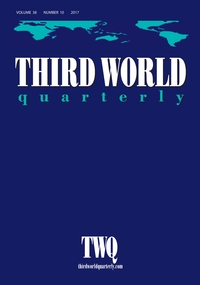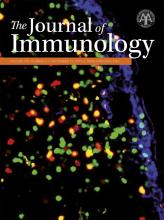
Earlier this week, we reported that high-profile food researcher Brian Wansink — who’s faced months of criticisms about his research — had issued his second retraction. On Thursday, he issued his third.
The retracted paper — a 2012 research letter in the Archives of Pediatrics and Adolescent Medicine, now JAMA Pediatrics — reported that children were more likely to choose an apple over a cookie if the apple included an Elmo sticker. The same day the paper was retracted, Wansink and his co-authors published a replacement version that includes multiple changes, including to the methodology and the results.
The retraction notice lists the mistakes, which the authors say they made “inadvertently:”
 When economist Jason Hockenberry looked at data comparing some of the financial issues facing different U.S. hospitals, he was surprised by what he saw.
When economist Jason Hockenberry looked at data comparing some of the financial issues facing different U.S. hospitals, he was surprised by what he saw. The
The 

 Two journals have retracted papers by a biologist who was
Two journals have retracted papers by a biologist who was  Got $300? Then you can be added as an author to a paper — even if you had no role in the research.
Got $300? Then you can be added as an author to a paper — even if you had no role in the research. 
